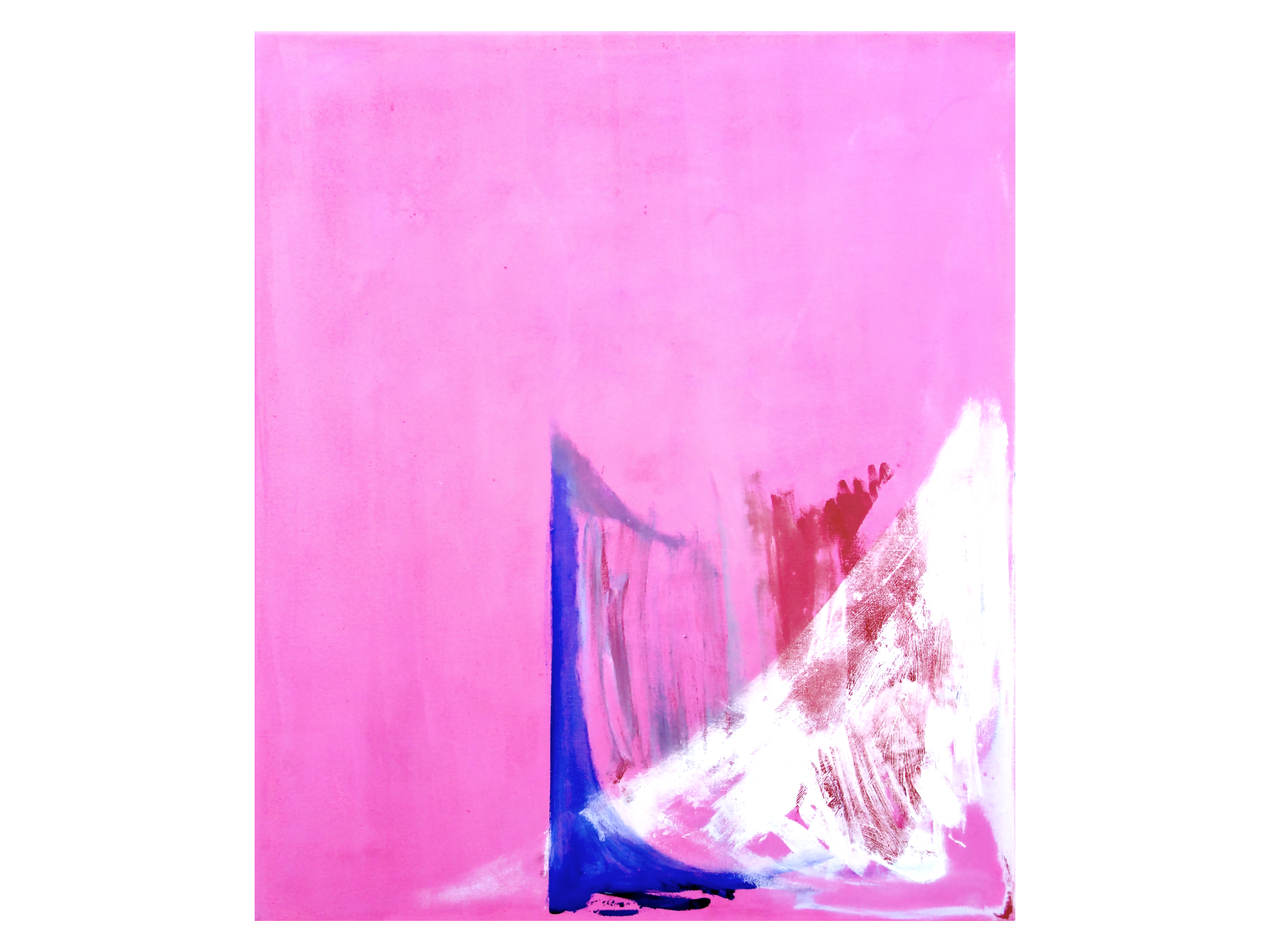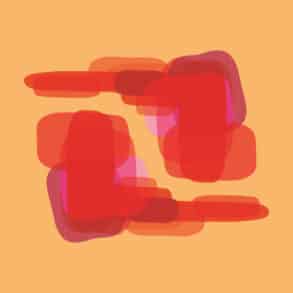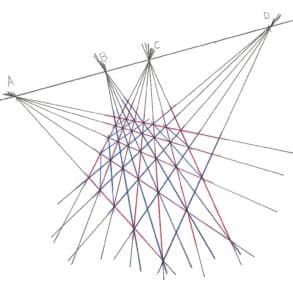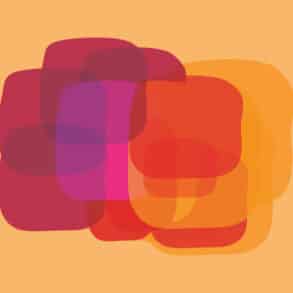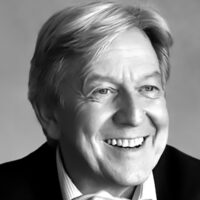To be human means to want to become human, to take one’s own future into one’s own hands and that means to want to become free. But how does one become free without losing togetherness? The game shows the direction because in the game you are cheerful and serious. Beauty is the key. It brings together the individual and the general, the I and humanity.
Recently I had a dream. A society of people of all horizons and firmaments slowly forming all over the world was looking for the real thing. Little by little, they realized that the real thing is where someone can take his existence cheerfully seriously. This way it becomes unique and real – and therefore embodies the political person.
So serious and cheerful, a cheerful seriousness, a serious cheerfulness. This is how they stood for existence, this is how this dream society understood existence. Those who saw themselves and each other this way became real and unique. None of them came up with the idea of comparing one with the other or the other with the one. It would be absurd, alien to the unique.
But the condition remained in the dream – and it seemed to be self-evident and clear to everyone – that each of these people is seen by at least one and sees another. It takes reciprocity as a condition of existence to become unique and real.
Thus began what not only in dreams but also in the waking consciousness becomes a possibility: people are unmistakably individual and at the same time political beings; they are self-founded and at the same time part of a community; unmistakable and social. Here appears an overcome, a better: a transformed contrast: individual and society are ‹unmixed and unseparated›.
Awakening of Free Beauty
Schiller awakened to Kant’s consciousness in the late 18th century and discovered two core concepts of the coming art of living in dreaming waking: reciprocity and transformation. Transformation through reciprocity – the mystery of an aesthetic education of the human being, birth of a new step towards human thinking, judgment, action.
Schiller’s ‹Letters on the Aesthetic Education of Man› document an unprecedented discovery. The late 18th century is the cradle of so many things in the aftermath of which we live today. The Enlightenment emerged in Central Europe. It realized that reason, mind, and intellectuality can understand and organize the world differently. At the same time, a completely new understanding of matter and processes, of technology and economy, awakened. Industrialization began.
Kant is the towering figure of this reflective power. He asks the crucial questions, based on Descartes, in order to make reason manageable – with regard to thinking itself, i.e. for recognition; with regard to political reality, i.e. how social action becomes consciously possible; with regard to how we form judgments, i.e. for the aesthetic dimension.
It was clear to Kant that our sense of beauty is an eminently subjective matter. Sense of beauty is probably subjective, but it is eminent, i.e. more than just subjective, connected with a reality that exists independently of the subject – Schiller became increasingly clear in his confrontation with the great teacher, with the political upheavals of his time and his love of freedom: beauty is the most objective thing there is; it can be experienced individually and only individually. A sense of beauty as the most universal, to which only a very individual approach leads, becomes the key to a new, a truly free, i.e. human political order, «because it is beauty through which one wanders to freedom». (1st Letter)
This is where the tension in which we live today, more than two hundred years later, arises: I know I am an individual person. But there is a whole world and it goes its way. Am I jointly responsible? What is the relationship between me as a person who feels personally and general humanity, even the destiny of the Earth? How are the individual and the general, the objective and the subjective connected?
No more philosophical questions but existential ones. But where can the consequences of the discovery of aesthetic education be seen today?
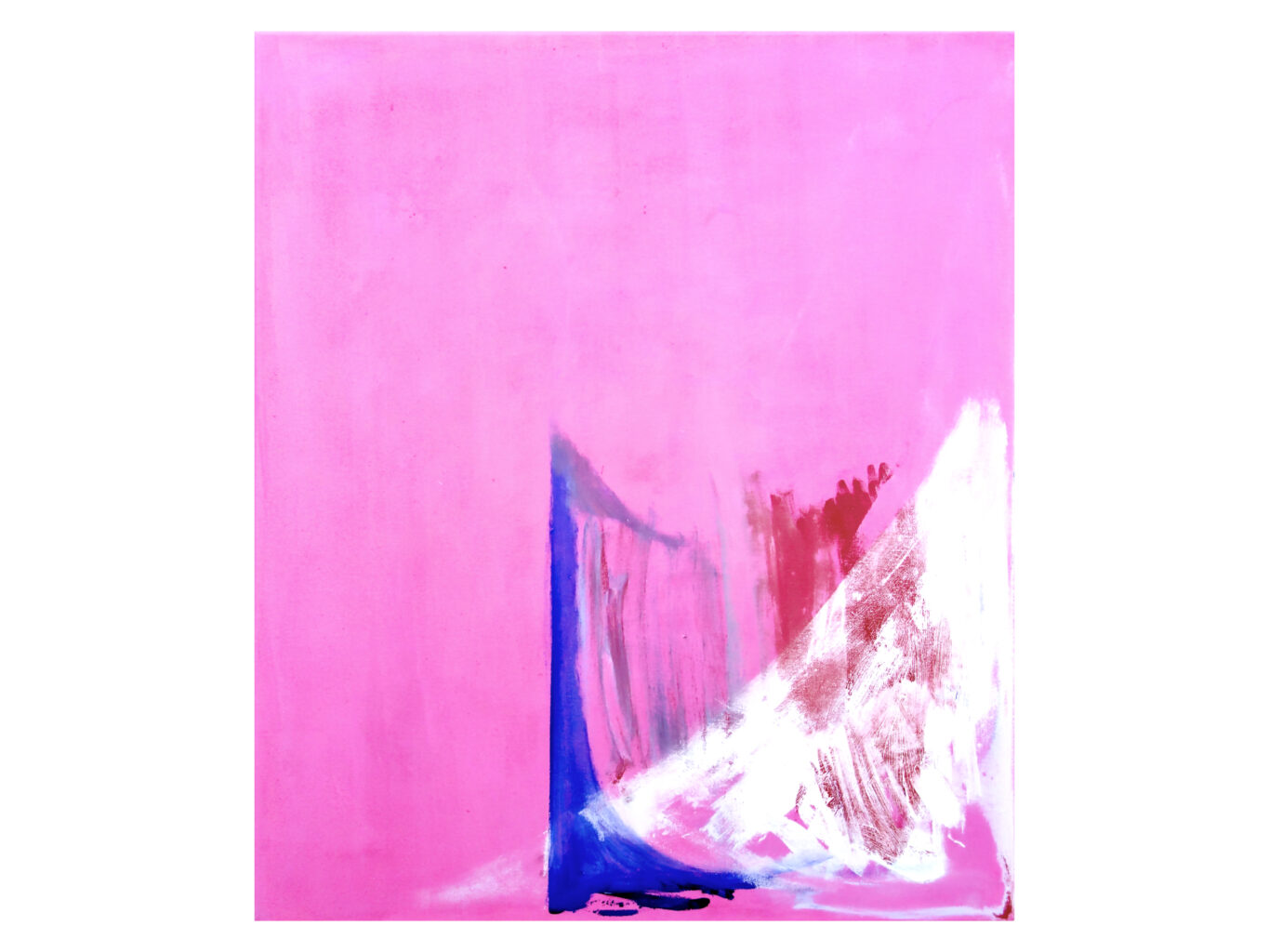
Three Thresholds
Schiller’s initial question is political: How does a humane life become possible in a society? How do we not lose the world when we discover ourselves, nor ourselves when we love the world? How do we gain our humanity under the societal and civilizational conditions we create, and how does a man-made world realize its humanity?
The feudal system of the High and Late Middle Ages, which until then had shaped it, corresponded less and less to a reality of the people living in it, their needs, abilities, and conditions. Increasingly, they searched (in vain?) for private and societal forms of life in which each individual can participate in the design and decision-making processes of the whole. How one wanted to think, experience, and live life and society at all changed fundamentally – in short: It was about an awakening from the foreign determination by nature and other people, an awakening to self-determination. At that time, at least as much changed as today, where we (have to) learn to live in a self-made virtual world and understand that the survival of the Earth depends on how we (want to) live. We are standing at a different, more existential threshold, but the previous one is its prerequisite. And probably contains the seeds to cross them.
The threshold question is: How to live?
Have we not already entered an epoch in which laws and conditions shape our existence that originates in consciousness, not only in nature? Have we as humanity already crossed a threshold in life that the individual must first cross step by step in consciousness in order to really stand in life? Did we cross this threshold between the late 18th and early 20th century – unconsciously? And noticed it more and more, first individuals like Schiller, then several, soon many people in the course of the 20th century, and finally, in the beginning of the 21st century, humanity became increasingly more and more aware that every single human being wants to cross a threshold in consciousness that they have already crossed in life? A threshold to which consciousness?
How to live – in consciousness?
Schiller understood that man is (only) freed by his connection to beauty. He saw that life and consciousness come together in beauty, that in it this seemingly irreconcilable opposition is not abolished but transformed. He was looking for an empire, a state, an order of society in which this would become possible, in which «finely tuned souls» (27th letter) could live.
It seems to me that today, all people are actually «fine-tuned souls». It is the flip side of the rational, the industrial, possibly even more so the digital development, which with increasing speed leads to souls being very fine-tuned, very sensitive, shy, anxious, attentive, insecure, searching, becoming more self-responsible in asking: How and in what world does my consciousness live; in what consciousness do I live?
«To give freedom through freedom is the basic law of this empire.» An order of «beautiful appearances» that lives according to the need in every finely tuned soul (ibid.).
So there, in the questioning soul! Then it searches, does not find; noticed, sooner or later, lighter or more painful: it must take action itself; self-determination, just and barely achieved, becomes creative. After all, a free, i.e. intentional order of the «beautiful appearance» arises not in it, but there, out there, between human beings, then also and finally with the Earth – sooner or later, easier or more difficult.
The reality of beautiful appearances
The «beautiful appearance»? What is this beautiful appearance? Is my sketched dream connected to its reality? Yes, through reciprocity and transformation, it awakens to a beautiful appearance, to the reality beyond the contrast between nature and self-confidence.
If tomorrow I am who I was today, I will become untrue, because I will not be anymore. If I am not, I become untrue, because then there is no consequence in my existence.
A normal person has rational, shaping, and formative power. Consciousness is constantly in relation to what has happened and is happening outside or inside. At the same time, we are sensual, physically living people and often do not know why we want what happens through our bodies, our instincts, inclinations, needs, and passions, through our lives.
Schiller no longer judges these sides morally, but tirelessly plays with them as opposing human conditions and possibilities from which, where they are brought into play with each other and not played off against each other, a new reality can become – an appearance that is beautiful: human reality, not only an objective, not only a subjective; not only a man-made but a human-willed reality.
As the main pair of opposites, he observes, on one hand, the consciousness, from which man gives himself a form that leads beyond him, and on the other hand the sensation in which he is given to himself. He describes both in countless variants, until they finally form a new, a third, as forces in form and fabric instinct, producing and receiving each other: the play instinct. (14th Letter)
The instinct to play brings to life an individual, unique, always unpredictable connection between substance and form, between mind and matter. A hundred years later, Steiner’s ‹Philosophie der Freiheit› states: Of course, there is a dualism in the world: matter and mind; but there is a being composed entirely of these two. And this being is one. It will (and must) initially consider itself dualistic when it becomes aware of itself; but in itself, it is one. To realize this, Steiner calls experiencing the idea, monism, which only becomes effective when man becomes aware of his active consciousness in the world (as a world).
The more Schiller realizes what Steiner formulates a hundred years later in such a way that it can find its way into life, culture, and professional practice, even into a form of higher education, he creates a philosophical-poetic world, initially mentally but humanly uniform. How long did mind and matter have to be separated, how alien and hostile to each other in order to finally be able to connect in this way – in consciousness and from there with a perspective on life (Franz Rosenzweig)?!
Hans Jonas later describes, in the second half of the 20th century and in succession to Rosenzweig, in his myth of the self-responsible human and the expectant God, how the whole already living world trembled when this being appeared: this wonderful being, who is more and more able to recognize itself; learns to recognize this by seeing others who are also able to recognize and discover the former omnipotence of God in their ability to recognize, so that God becomes.
I will be and am; God is and will be – the great transformation. (‹Concept of God after Auschwitz›)
This metamorphosis through reciprocity awakens more or less consciously and willingly. A third arises from the encounter of two different people, here God and man, there substance and form or matter and mind or sensation and thought. Schiller calls this third the game, then the instinct to play, which realizes the beautiful appearance – realized in the double sense of the word: perception and realization.
Thinking Becomes Feeling and Wanting
In the ‹Aesthetic Letters› begins a way of thinking that enables a new feeling and a new desire, in short: a designed life, a living form – in a word: an art of living.
«The object of the sensual instinct, expressed in a general term, is called life in the broadest sense; a concept that means all material being and all immediate presence in the senses. The object of the form instinct, expressed in a general term, is called form, both in unactual and in actual meaning; a term that encompasses all the formal nature of things and all the relationships thereof to the forces of thought. The object of the play instinct presented in a general scheme will therefore be able to be called living form; a term that serves as a designation for all the aesthetic properties of the phenomena and, in a word, for what is called beauty in the broadest sense.
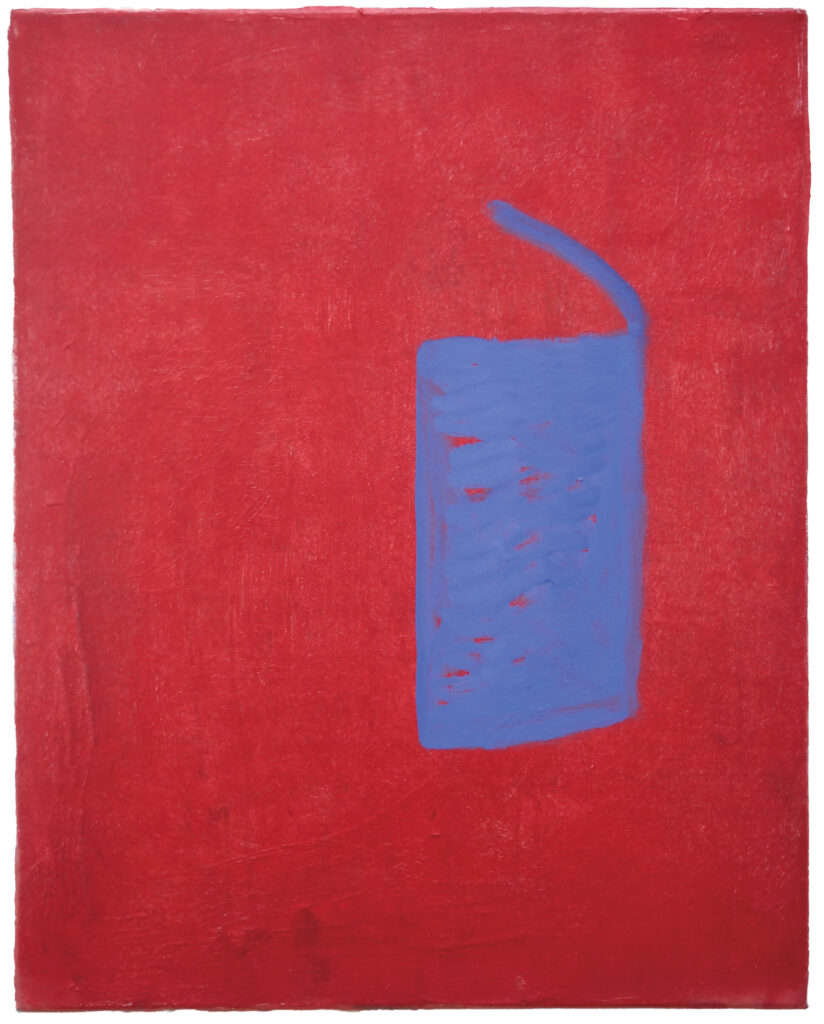
This declaration, if it were one, does not extend beauty to the whole realm of the living, nor merely includes it in that area. A block of marble, although it is and remains lifeless, can nevertheless become a living form by the architect or sculptor. A human being, although he lives and has form, is therefore far from being a living form. Because this includes that his form is life and his life is form. As long as we only think about his form, it is lifeless, a mere abstraction. As long as we only feel his life, it is shapeless, a mere impression. Only when his form lives in our sensation and his life is formed in our mind does he become a living form. And this will be the case wherever we judge him to be beautiful.» (15th letter)
What a suggestion to pay attention to when I experience or think about human beings as an impression or as an abstraction; and how obvious that they rarely appear beautiful. But if I do not expect beauty and try to think of the human being in all his conditions, his appearance and life, to feel his form and consciousness and yet to avoid neither abstraction nor impression, but rather to moderate their togetherness – do I then begin to ‹see› him? Am I beginning to create beauty?
Those who play will be beautiful
Create beauty? Playful – that means in cheerful seriousness, in serious cheerfulness? A game that is «neither subjectively nor objectively random and yet does not force anything either externally or internally», and the view of beauty, where the mind is «in a happy middle between law and need», encourage each other to become what they are capable of. Yes, even more: «Man should only play with beauty, and he should play only with beauty». (Ibid.)
In this playful, beautiful person, a form gains life and life takes on form – also in the view of myself, but above all in the view of the other’s otherness.
«Man only plays where he is human in the full meaning of the word. And he is only fully human where he plays. This sentence […] will take on a big and profound meaning when we have come to apply it to the double seriousness of duty and destiny.» (Ibid.)
This is where a new, conscious humanization begins: duty replaces Schiller with (which?) freedom and destiny through self-determination in judgment. I begin to judge my judgment instead of condemning the judgment; I wake up in an activity that I first experienced when I still liked this without all reflection and did not like that. And this game will «carry the whole building of aesthetic art and the even more difficult art of living» (Ibid.)
The art of living obviously has as a prerequisite that I begin to take my life seriously and cheerfully, especially where I judge. Where I have no awareness of how to arrive at a particular judgment, I take it cheerfully and will not insist on that judgment. But I take my conscious judgment seriously, try to understand the way it comes about, do not shed myself from responsibility, want to fathom the origin, at least the context of the occurrence. This requires patience, but I establish a relationship, a reciprocity between me and myself, between consciousness and unconsciousness, between me personally and something that goes beyond me.
How do I arrive at a personal judgment in which at the same time a truth independent of mine appears? How do I manage to individualize something in such a way that the universal comes into its own? Universalizing, i.e. generalizing; and individualizing, i.e. really personally understanding; usually, we feel individually, we think universally; can I universalize my feelings, individualize my thinking? I find both – dreaming the feeling, awakening the thinking. Where does it come from?
«In this way, sensation and self-confidence arise completely without the subject’s intervention. And both origins are just as beyond our will as it is beyond our circle of knowledge.» (19th letter)
The feeling and self-confident being has two limits. A limit of will with regard to the origin of these two phenomena and a limit of knowledge with regard to the will. But it goes further: «But if both are real and man has the experience of a very specific existence by means of sensation and if he has made the experience of his absolute existence through self-confidence, then his two basic instincts are also active with their objects.» (Ibid.)
Self-awareness and sensations gain as soon as we become aware that their recognition is not within the realm of our will, and we cannot recognize this will, a driving force of our own, a thrust.
«The sensual instinct awakens with the experience of life, the reasonable one with the experience of the law, and only now, after both have come to existence is its humanity built.» (Ibid.)
The moment man becomes aware of these two instincts, he becomes part of a humanity that itself has become and must be understood as a unified one through these two qualities. «Until this is done, everything in him is done according to the law of necessity; but now the hand of nature leaves him and it is his business to assert humanity, which created and opened in him.» (Ibid.)
Man is a natural human being in humanity that becomes self-aware until he himself not only becomes conscious in his life but also lives in his consciousness.
«As soon as two opposing basic instincts are active in him, both lose their coercion. And the opposition of two necessities gives freedom its origin.» (Ibid.)
Playing to Awaken
This is a turning point in intellectual history that is still seeking its awakening today – but now existentially. Its individually desired awakening from a dream of reason, in which consciousness reigns over life without letting it awaken in itself. The individual human being dreams, even if he seems reasonable and free – «a reasonable animal» (24th letter).
«In order to prevent all misinterpretation, I notice that, as often as freedom is mentioned here, it is not the one that is necessary due to man, regarded as intelligence, and can neither be given nor taken away from him, but the one that is based on his mixed nature. By acting only reasonably at all, man proves freedom of the first kind; by acting sensibly within the limits of the material and materially under the laws of reason, he proves freedom of the second kind.» (Ibid.)
An aesthetic culture in which we learn to play leads us to the threshold of awakening from the dream of virtualizing reason. An art of living that disregards nothing in the world of appearance from life in consciousness, but also discovers the real thing in the middle of existence, not beyond – both empower not only to think about «the executability of the infinite in finiteness» (25th letter) but to want it.
This wanting is a decision. From the first freedom, a decision becomes possible for the second. That is, this is free.
Only the self can do this – not without mutual encouragement, serious and cheerful, from mutual recognition, which instead of correcting and knowing-it-all from idealistic convictions becomes an aesthetic condition for freedom and life.
This text is the transcript of a lecture by Bodo von Plato, which he gave in September 2021 at the Free Academy at Loipoldhof.

